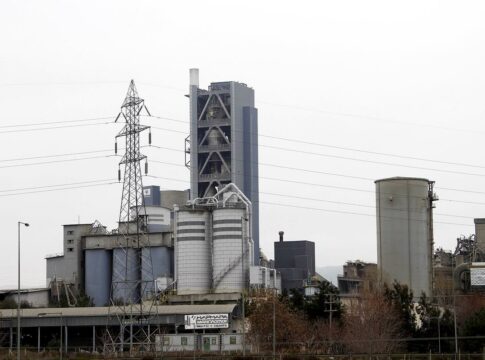The government has placed special emphasis on the increase of the minimum wage, which will come into force from April 1, amid high prices affecting the households’ purchasing power.
The prime minister has already announced that the new minimum wage will exceed 800 euros.
“The main government goal is the average salary to reach 1,500 euros. Today, the average salary is 1,251 euros, while in previous years it was much lower,” Deputy Labour Minister, Vassilis Spanakis, recently said in a TV interview.
In other words, the target is to increase the average salary in Greece – which is one of the lowest in Europe – by 20% within the three years or so, remaining until the end of the second term of the Mitsotakis government. Obviously, it is not an easy case at all.
The government has so far used two “tools” to improve the unfavorable wage situation of workers: the adjustment of the minimum wage (concerns 600,000 workers) and the recommendations to employers to become more generous.
The big goal
It is clear that with these two means, the ambitious goal of an average salary of 1,500 euros is almost impossible to achieve. And yet in this “battle”, there is a powerful “weapon” that remains inactive. This is the collective labor agreements (especially the sectoral ones), the number of which, since the period of the memoranda and the stormy changes in the labor legislation, has shrunk.
Labor experts agree that only with a “revival” of collective bargaining and sectoral labor contracts, which in 2024 remain minimal, can a significant wage boost be given. Therefore, if the government really wants to reach the big goal of an average salary of 1,500 euros, it must take initiatives in this direction.















